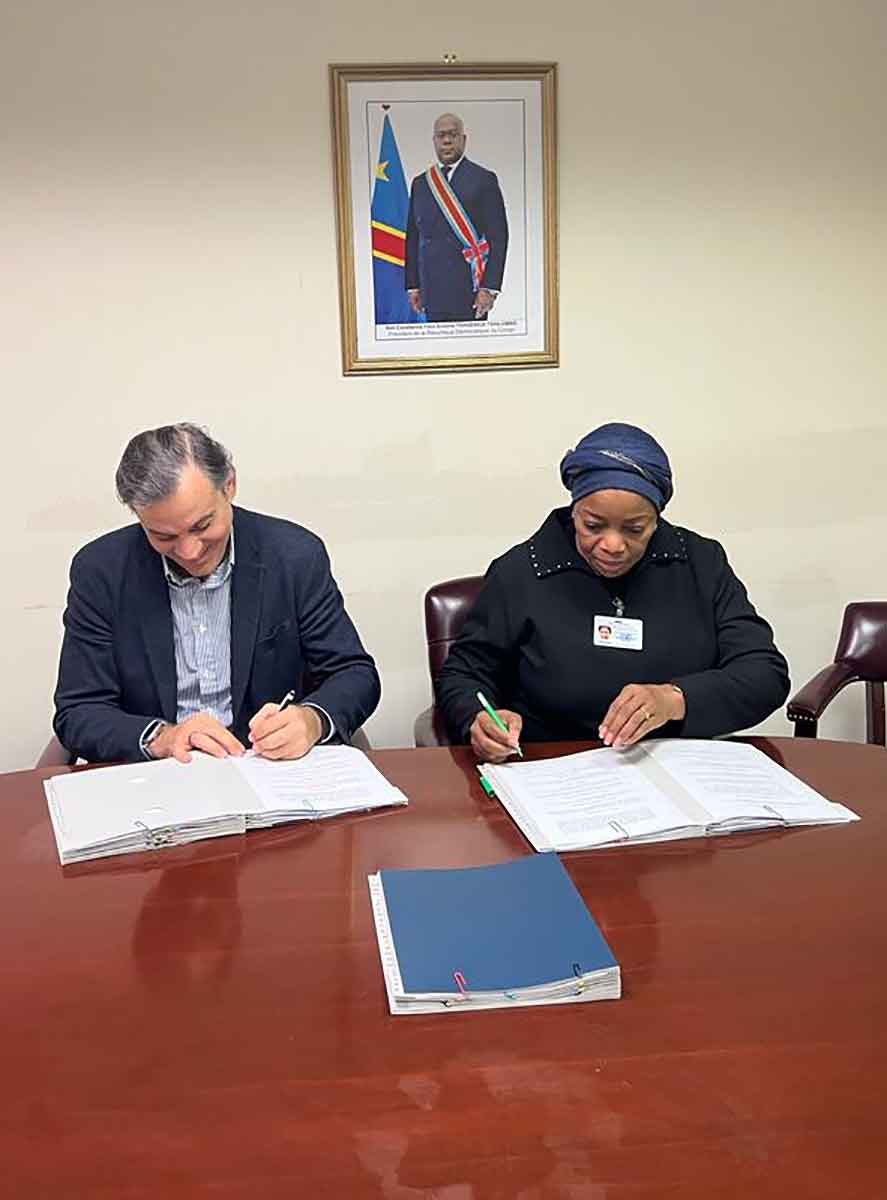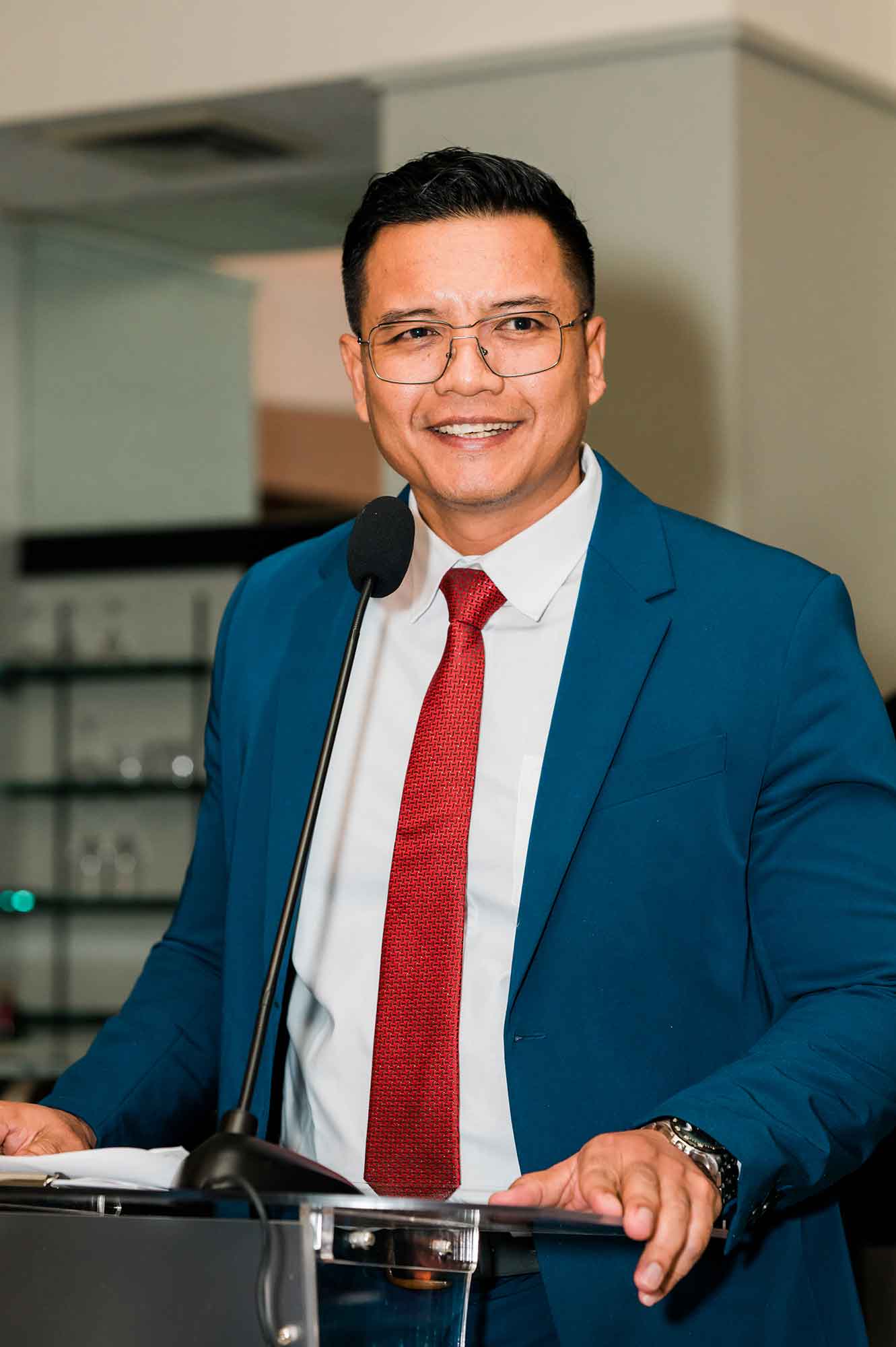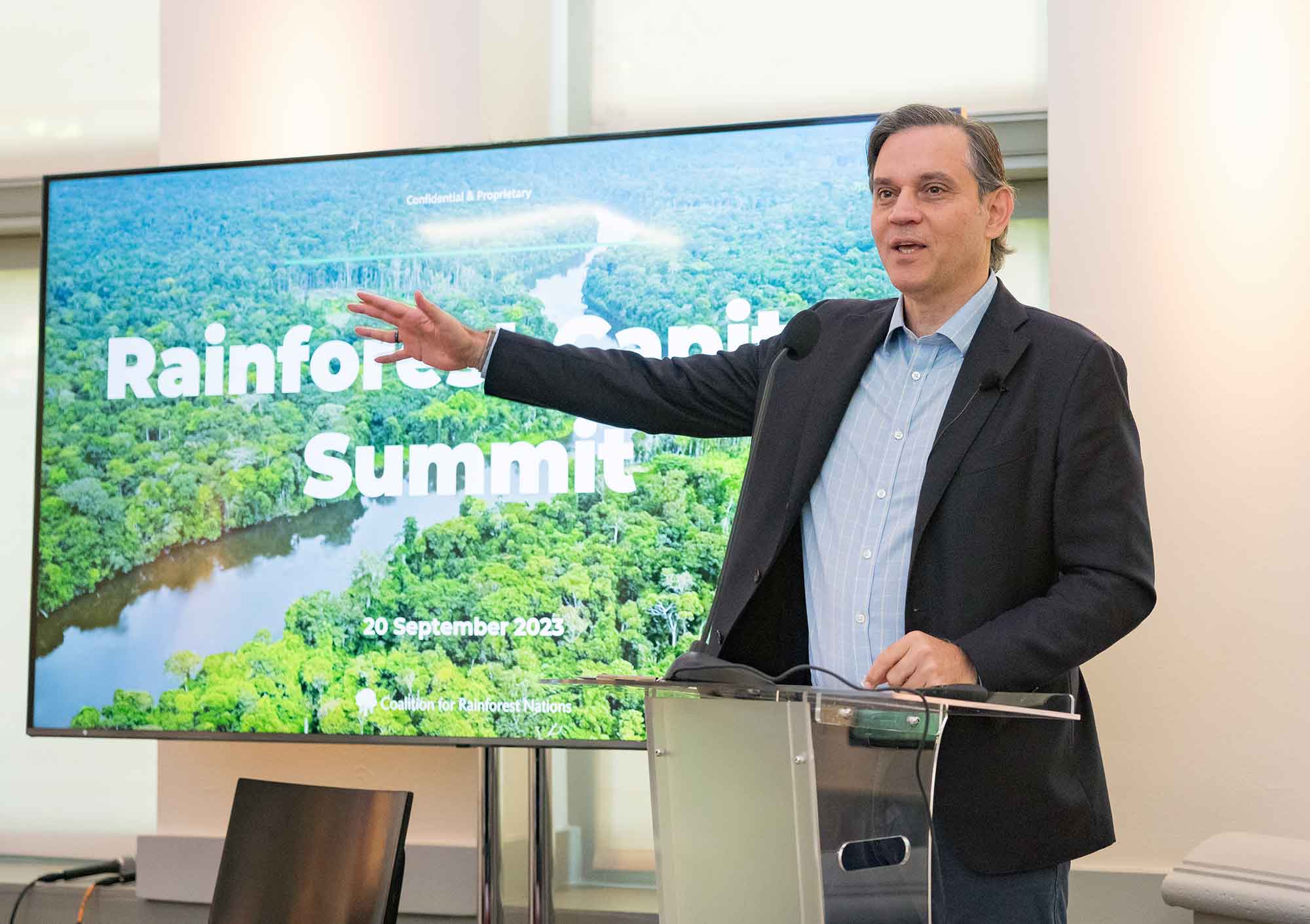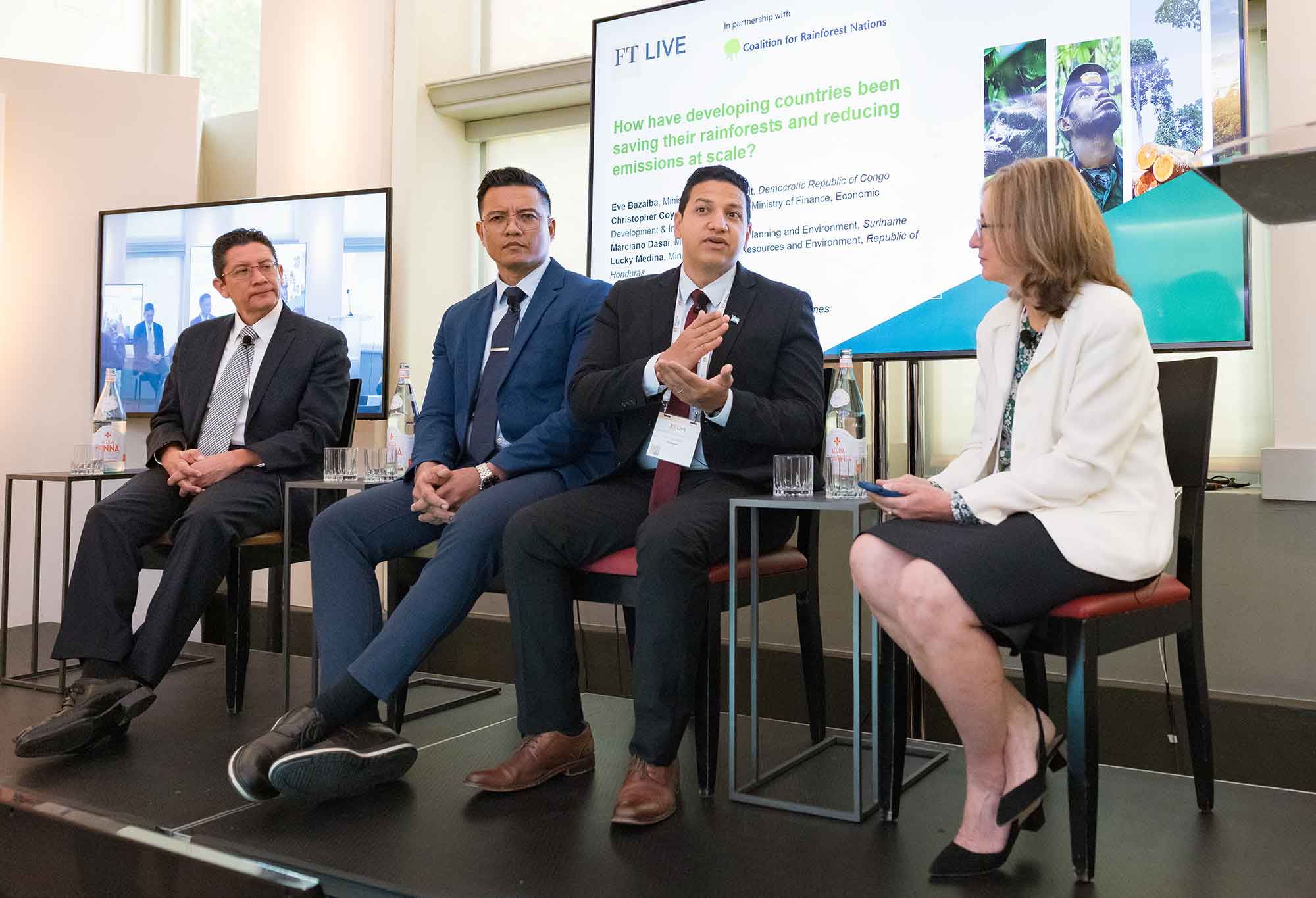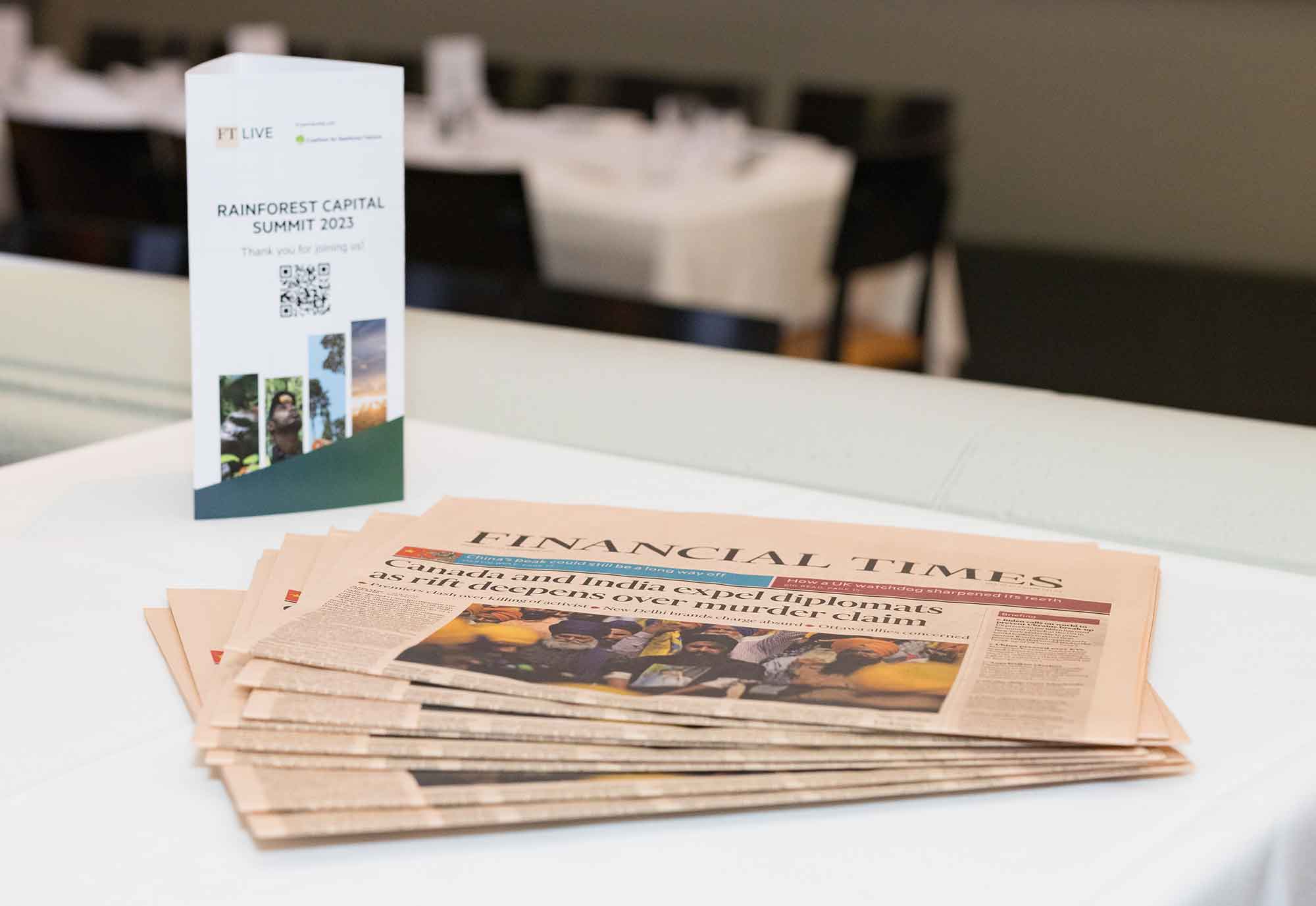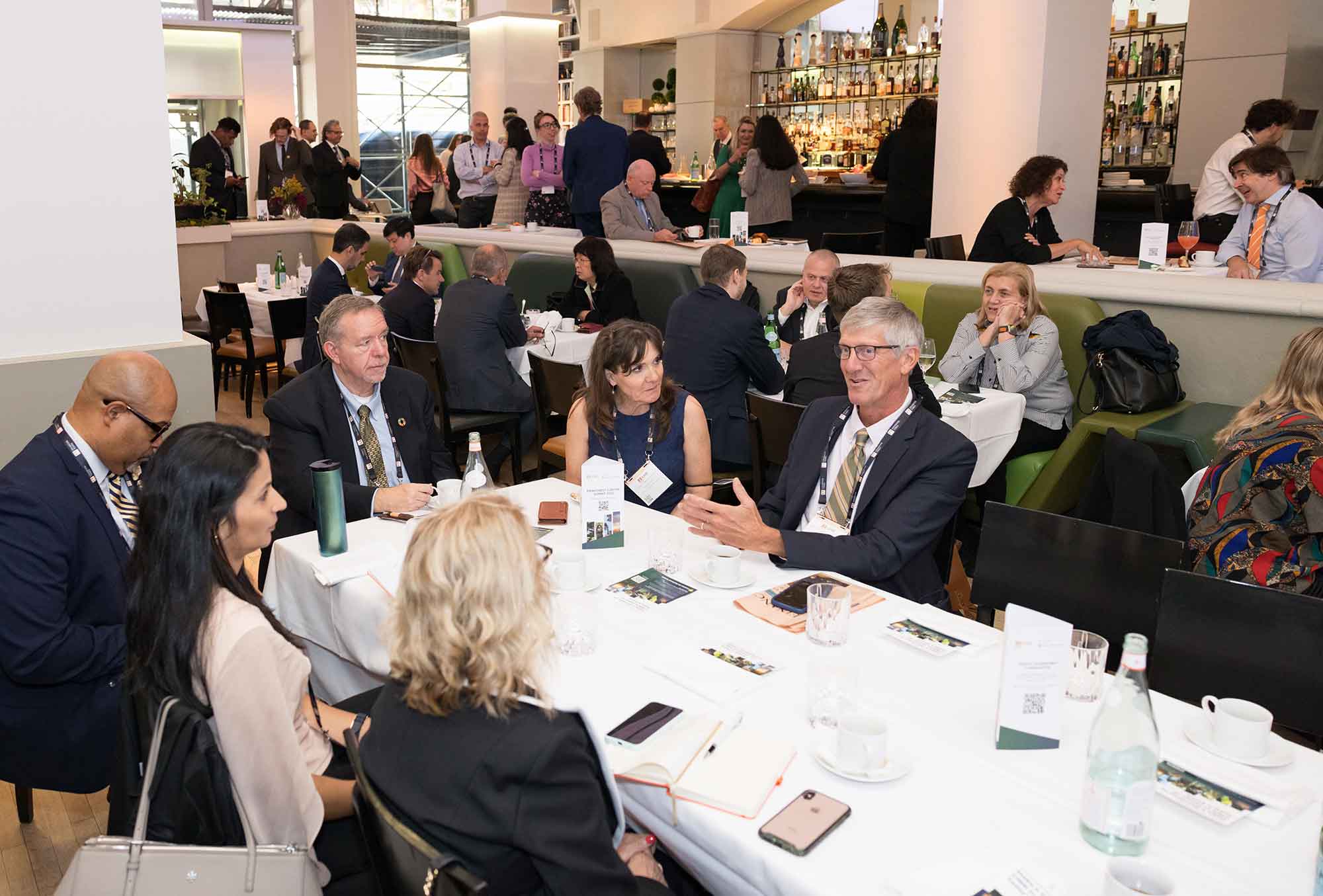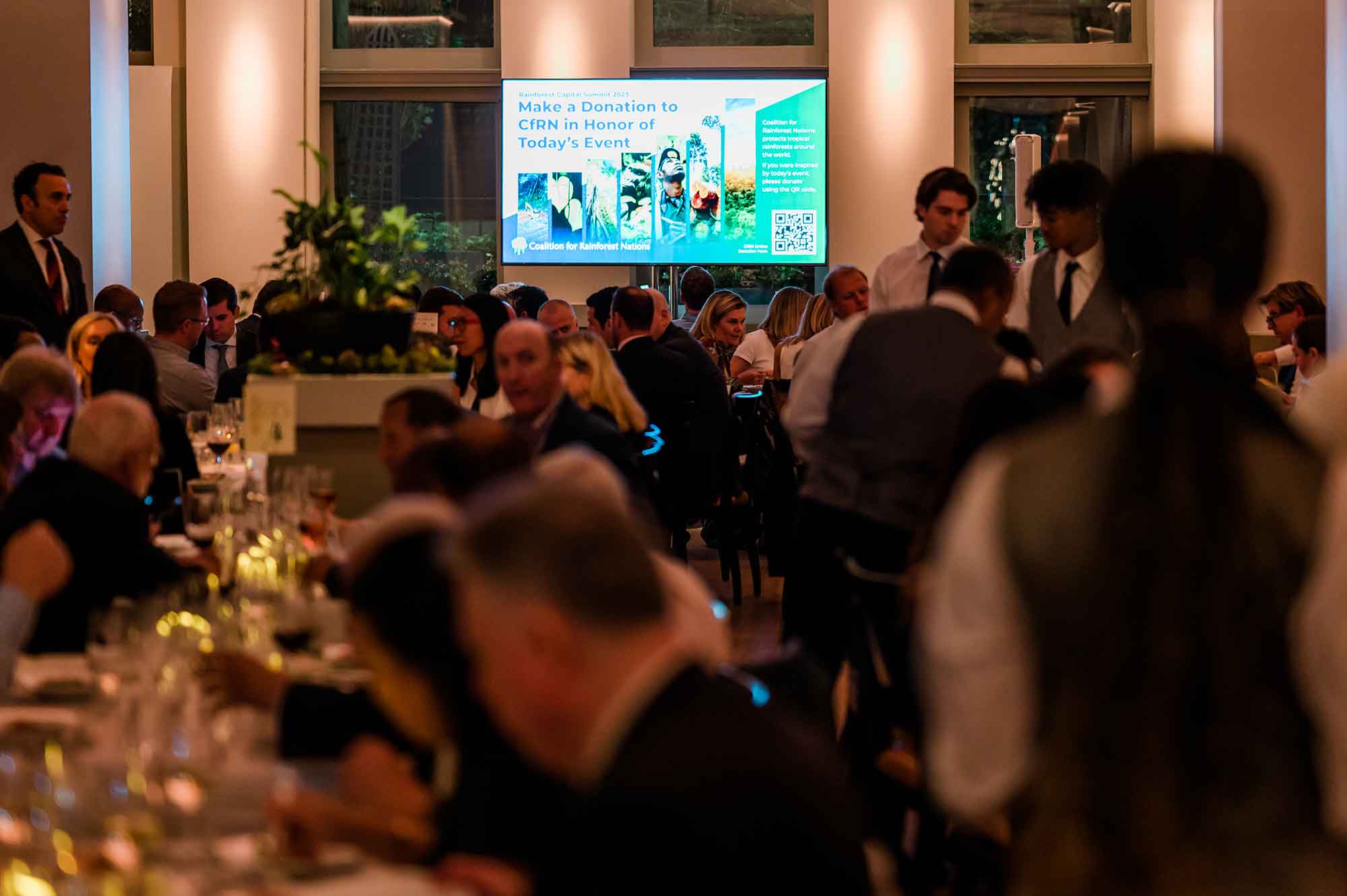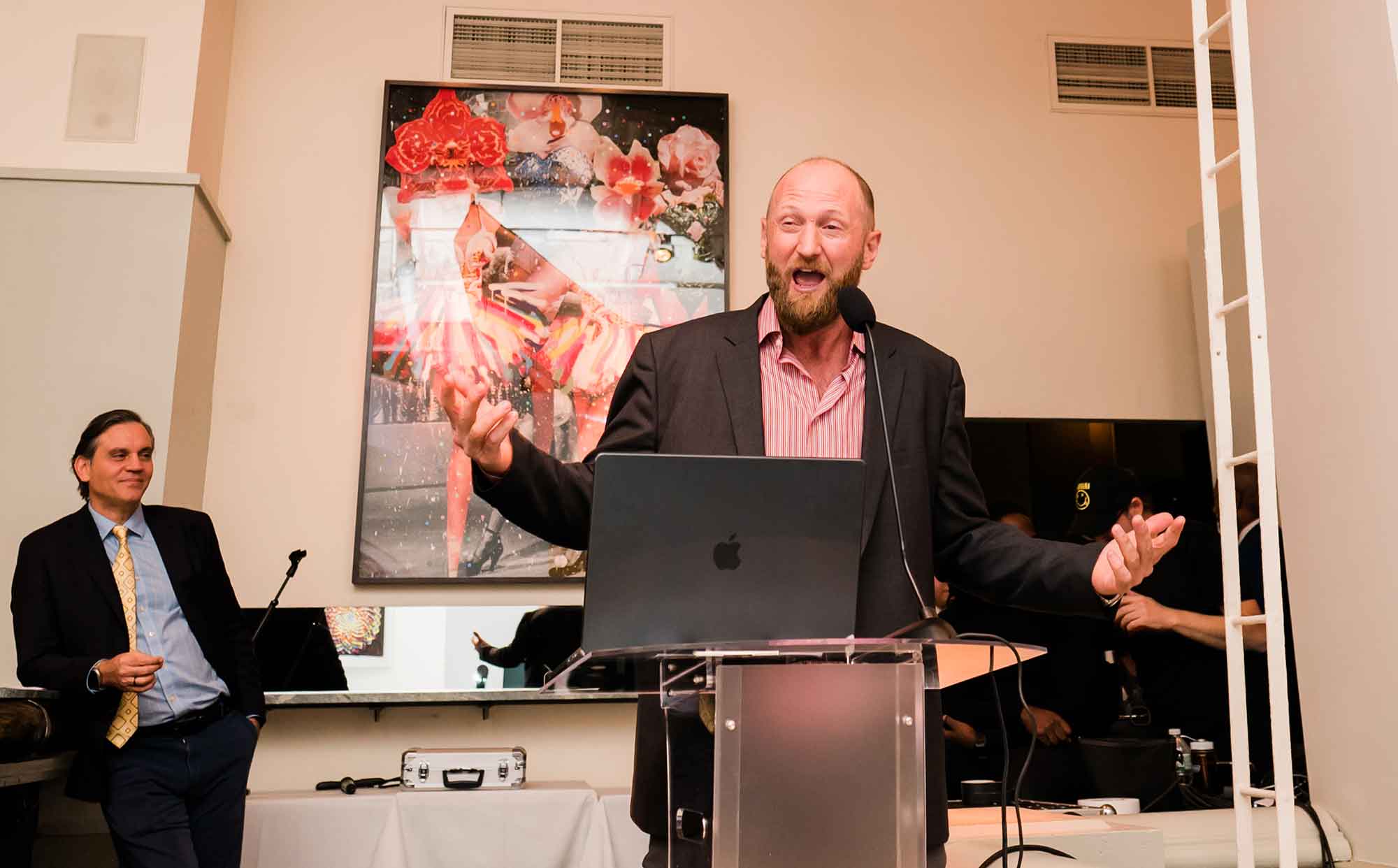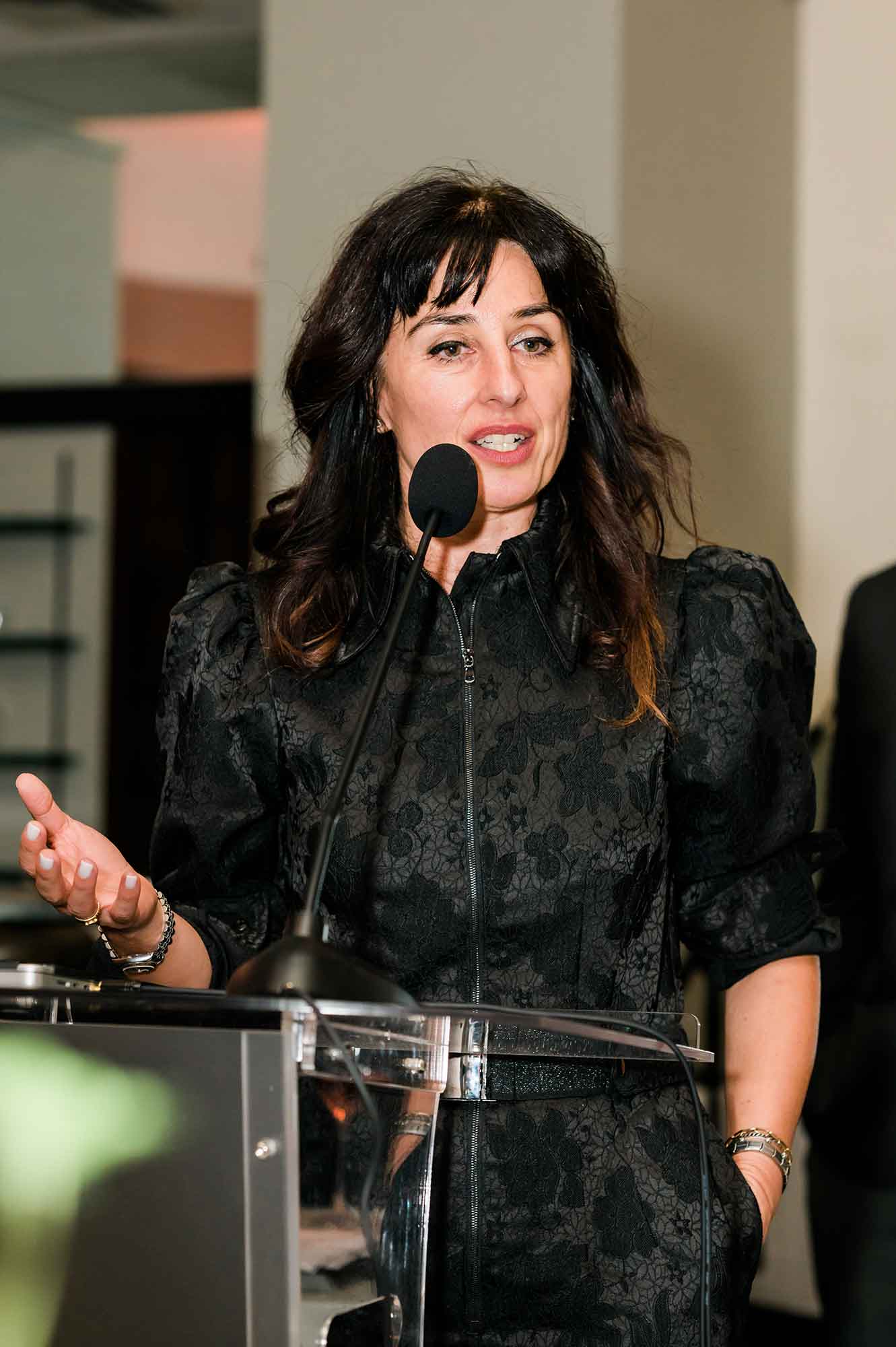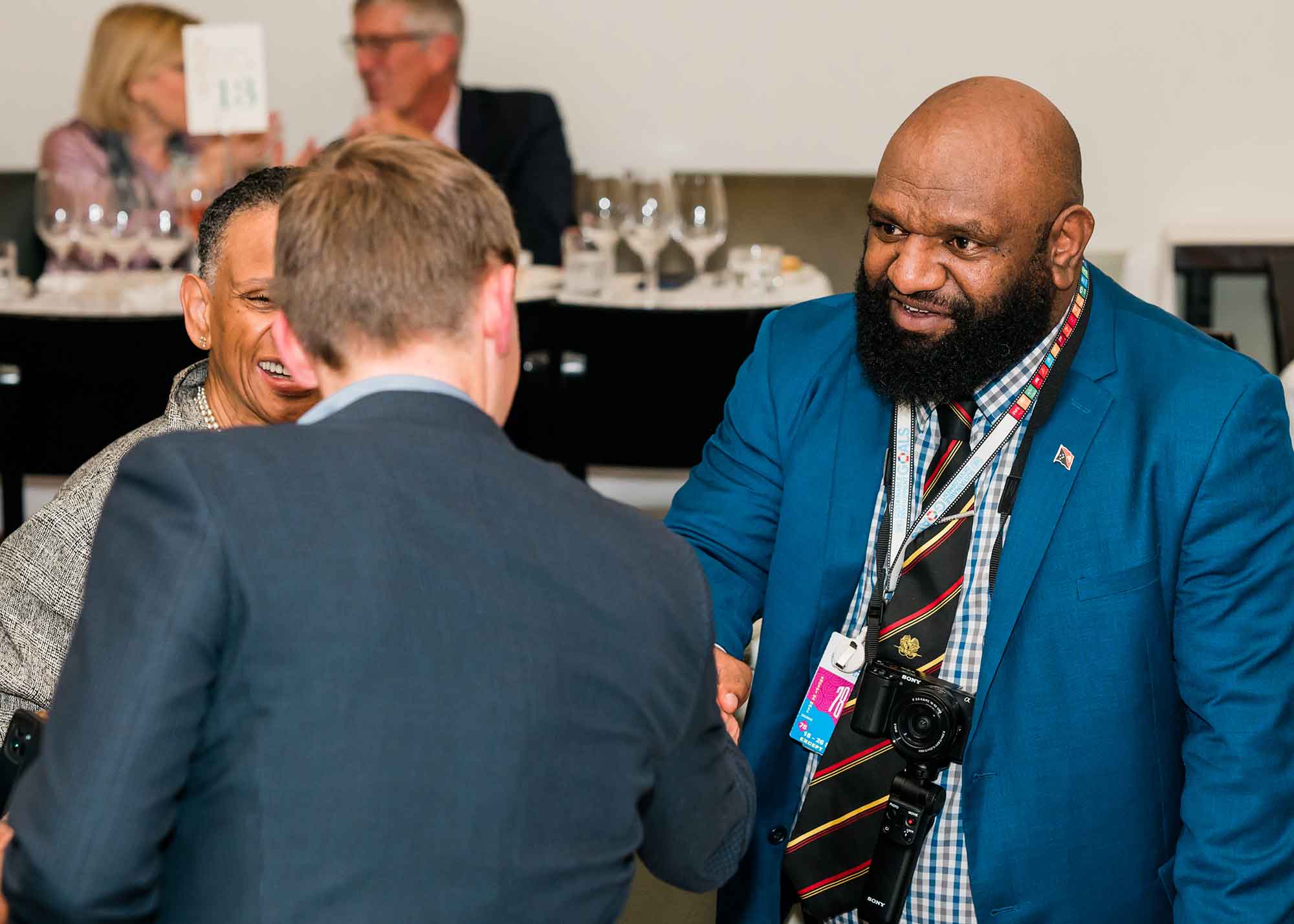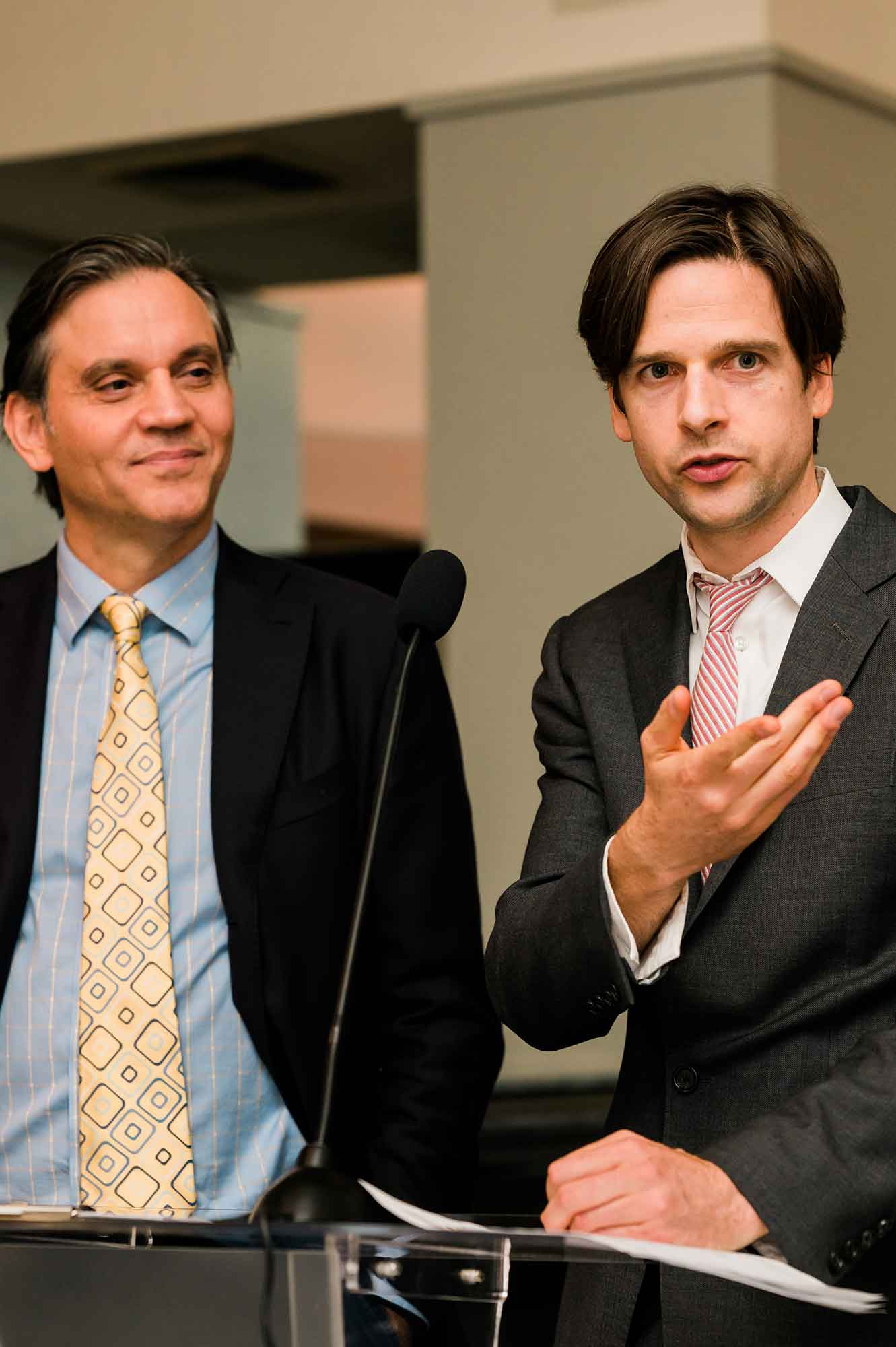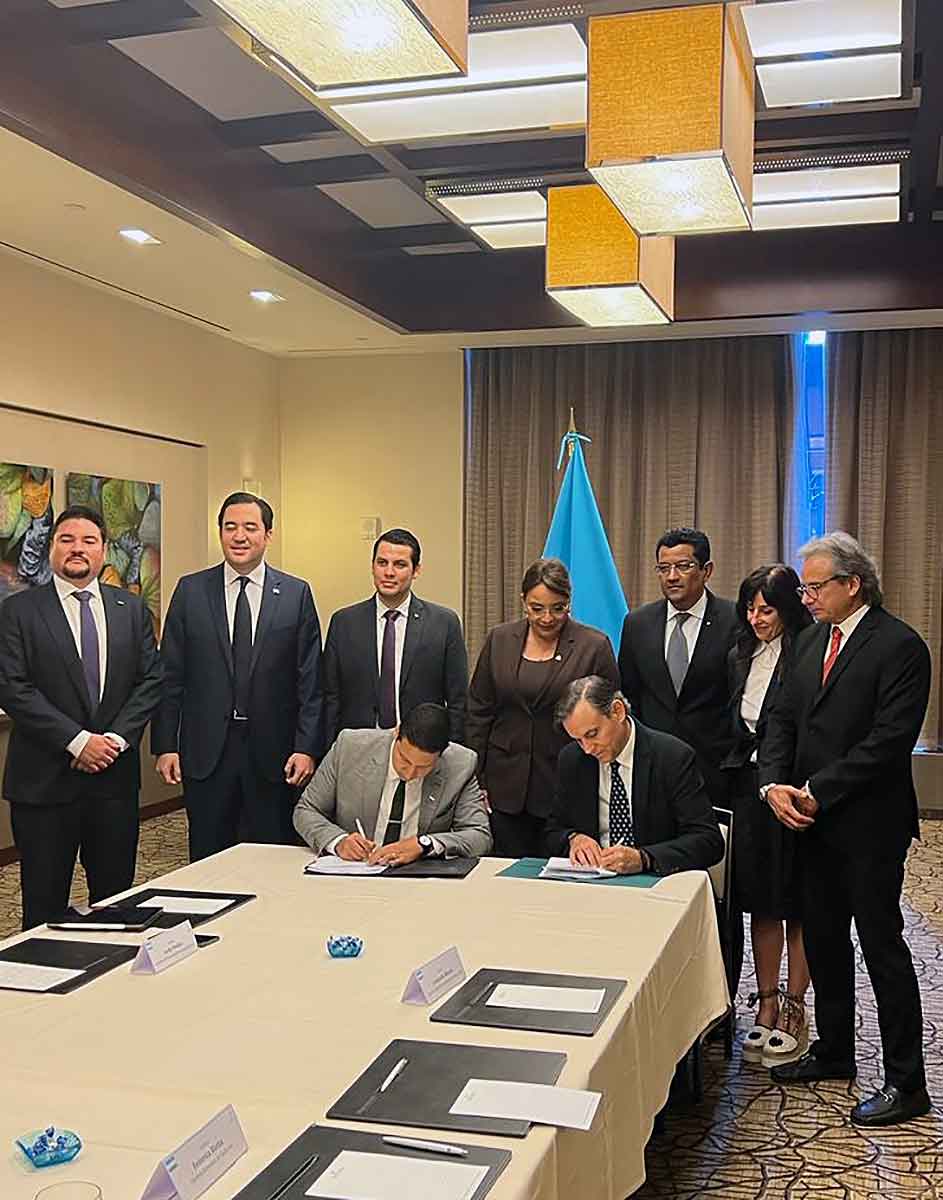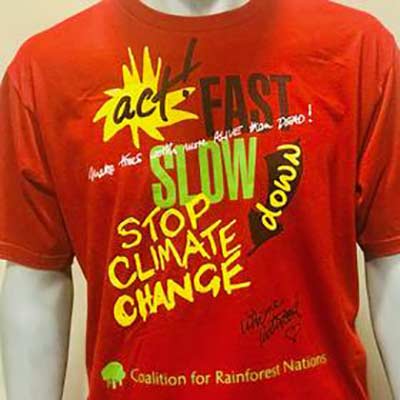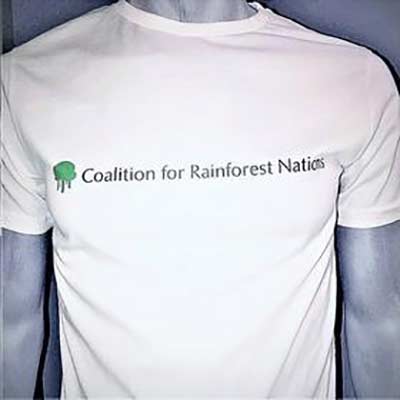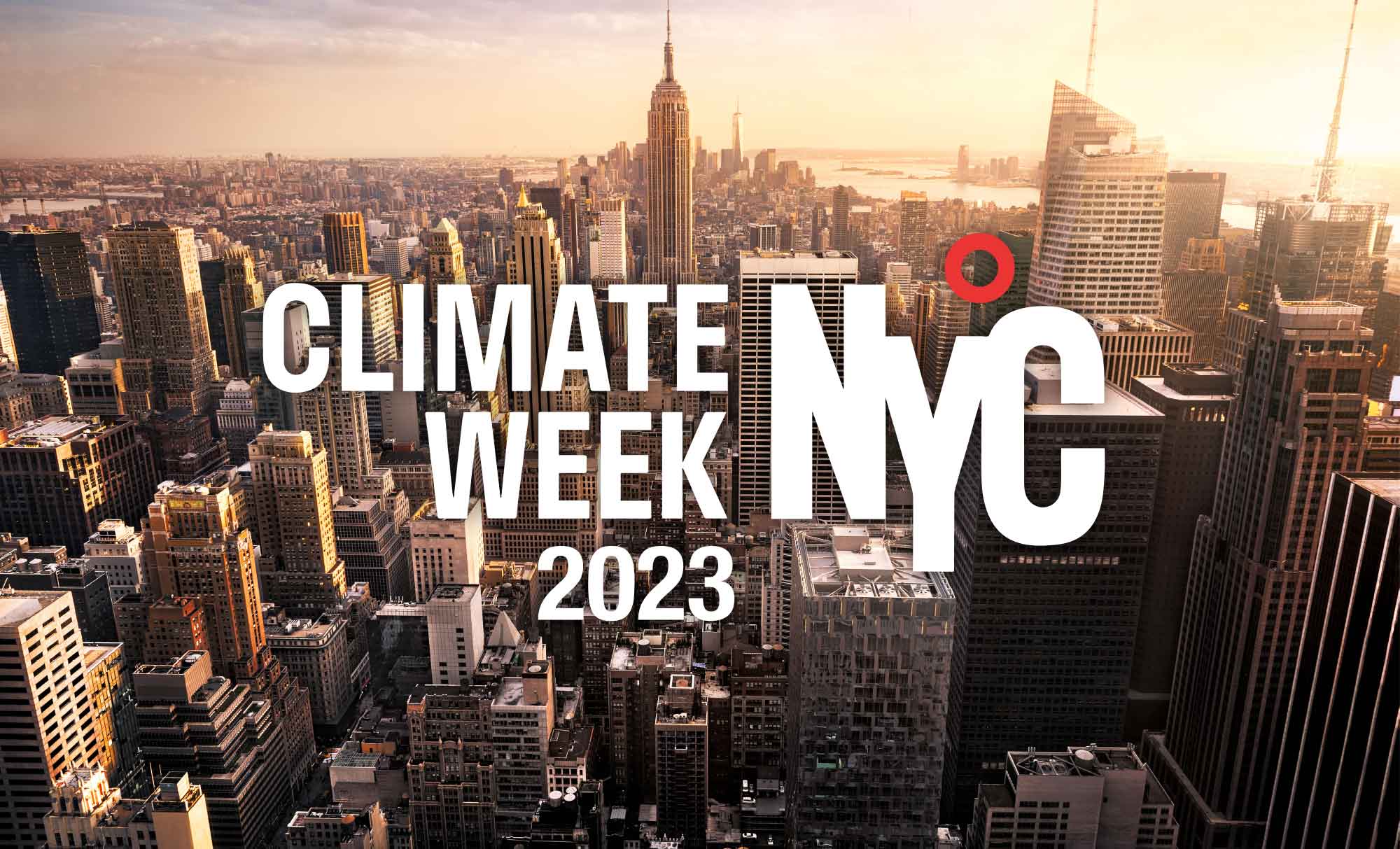
CfRN News Bulletin – New York Climate Week 2023
This year at New York Climate Week, CfRN welcomed many of its attending countries. Numerous announcements were made and CfRN hosted, offered training, and ran events throughout the week.
Some country representatives arrived early and attended CfRN’s capacity-building sessions on 14th and 15th September. Our team provided training focused on how to manage and use the newly created national registries that are now required under Article 6 of the Paris Agreement. CfRN provides all capacity-building and technical training free of charge to our countries.

CfRN training sessions at our NY offices.
On Monday September 18th, CfRN kicked-off NY Climate Week by signing a Memorandum of Understanding (MOU) with the Democratic Republic of Congo (DRC). DRC has signaled the intention to issue sovereign REDD+ units and sought support from CfRN to help it accelerate its participation in the UN REDD+ framework. DRC holds the world’s second largest forest reserves in the world and will now receive support in capacity-building as well as help to sell its credits. At the official ceremony in New York, the Environment Minister, Eve Bazaiba signed the MoU alongside Kevin Conrad, Executive Director, CfRN
On the same day, Suriname announced its intention to sell the world’s first carbon credits under the Paris Agreement, Article 6. The carbon credits, called Internationally Transferable Mitigation Outcomes (ITMOs), will help developed countries who fail to hit their national climate pledges meet their targets and in return provide climate finance to rainforest nations who have gone beyond their ambitions. A global stocktake of every country’s climate pledge will take place at COP28 in Dubai in December to gauge whether the planet is on course to slow the climate emergency. ITMOs will also be available for companies to purchase to hit net-zero targets, too. Earlier in the month, Suriname had its REDD+ results validated by the UN for 4.1 million emissions reductions in 2020 and a further 4.8 million in 2021. Its 2021 results will be eligible for sale as ITMOs. Marciano Dasai, Suriname’s minister of spatial planning and environment, said the country hopes to sell the credits for $30/tCO2e.
Three other forest-rich countries are also following Suriname’s lead offering up tens of millions of sovereign REDD+ units under the Paris Agreement. Honduras, Belize, and the Democratic Republic of Congo (DRC) are to issue post-2020 forestry units under the UNFCCC REDD+ framework.
Honduras announced 10 million REDD+ vintage 2021 and 2022 credits due by December. Lucky Medina, the country’s environment and natural resources minister restated the current ban on voluntary carbon projects, confusingly called REDD+. He said that the ban will remain, and that the country has chosen to prioritize UN efforts. Honduras is committed to saving its rainforests. The new administration intends to spend $33 million per year to protect its forest, involving 10% of the army, according to the minister
Belize also expects to issue at least 10 million units of 2021-23 vintages, vice-minister for climate Kenrick Williams confirmed on Wednesday. The country has already carried out internal assessments based on recent conservation efforts under UN and plans to submit data to the UNFCCC in December. Belize saw results of around 5.6 million emissions reductions for the 2016-18 period, then 11 million for 2019-20. Williams said Belize expects to go to market with the ITMOs in mid-2024 once the certification process is finished.
On Wednesday, CfRN hosted its Rainforests Capital event in collaboration with the FT. Attended by over 140 delegates from finance and the private sector, the event featured scientific updates on the plight of the world’s rainforests and panel discussions with rainforest government ministers and the corporate sector. In the first panel, ministers from Belize, Suriname and Honduras discussed how they are successfully slowing the rate of deforestation within their jurisdictions and highlighted the status of their climate pledges. In the final panel, Adam Hedley from the climate law firm, Clifford Chance, and Charles Boakye from Jefferies investment bank discussed the status of REDD+ under Article 6 of the Paris Agreement and how corporations can make the transition away from the troubled voluntary carbon markets to a UNFCCC Paris compliant market.
The Country Panel at the Rainforest Capital event, hosted by CfRN and the Financial Times.
In the evening, CfRN hosted ministers and corporate delegates for dinner at Gotham restaurant. Both Marciano Dasai, Suriname’s minister and Lucky Medina, Honduras’s minister spoke on their countries’ conservation efforts and belief in the UN process. Entertainment was provided by Les Greene and his band as well as Baba the (Climate) Rapper
On Thursday, Honduras announced that they would become the next CfRN country chair for 2024. An official signing ceremony took place with the President of Honduras, Xiomara Castro, minister Lucky Medina and Vice Minister Malcolm Stufkens. This was followed by an official handing over ceremony on Friday at the CfRN offices. The Papua New Guinea environment minister, Simon Kilepa and Lucky Medina took part in the ceremony.
“CfRN and Honduras have had a strong and longstanding friendship. I am thrilled that we are now formally cementing this relationship, and am excited that they will become our next co-chair,” said Federica Bietta, Managing Director of CfRN
Like DRC, Honduras also signed an MOU with the CfRN to provide policy support and capacity-building within the UNFCCC REDD+ framework and to help it sell its UNFCCC REDD+ credits and ITMOs.
Throughout the week, CfRN spokespeople and ministers spoke at numerous events, including the World Biodiversity Summit, UNDP event and Environmental Finance’s Natural Capital Americas conference.
(left) The official country chair signing ceremony with the President of Honduras, Xiomara Castro, minister Lucky Medina and Vice Minister Malcolm Stufkens. (Right) The handing over ceremony with Papua New Guinea environment minister, Simon Kilepa and Lucky Medina.
